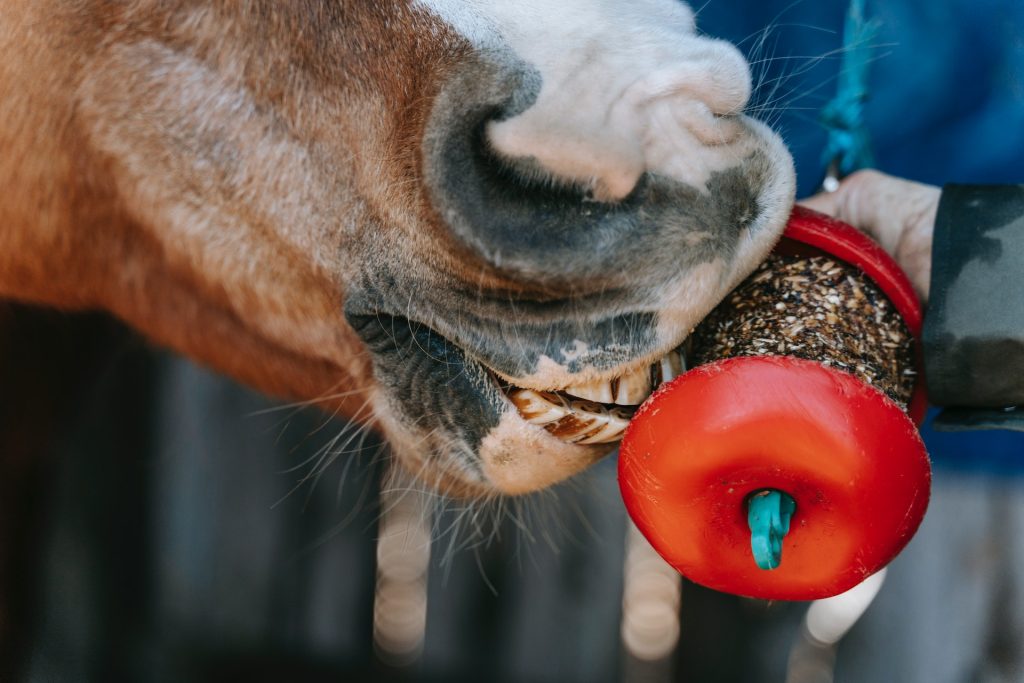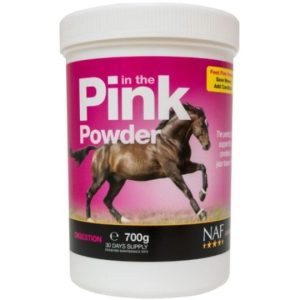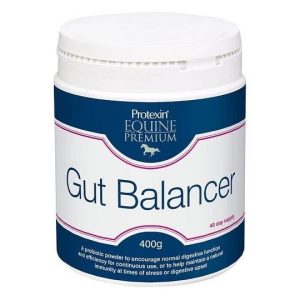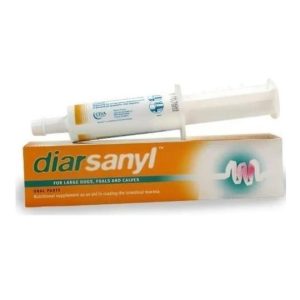Vetpharmacy.co.uk Cookie Policy : We use cookies to enhance your user experience. To find out more please view our cookie policy
Nurturing Nobility: The Importance of Digestive Health in Horses

Horses have long been revered for their majestic beauty, strength, and grace. These magnificent creatures have played pivotal roles throughout history, from plowing fields to carrying knights into battle. Today, they continue to capture our hearts in various equestrian disciplines, including racing, show jumping, and dressage. However, beneath their noble exteriors lies a delicate and complex system that demands our utmost attention: their digestive health.
Digestive health is fundamental to a horse's overall well-being. The equine digestive system is uniquely designed to process large quantities of fibrous plant material efficiently. Understanding this system and how to maintain its health is crucial for horse owners, trainers, and caretakers.
Understanding the Horse's Digestive System
To comprehend the significance of digestive health in horses, we must first explore their intricate digestive system. Horses are herbivores with a relatively small stomach and a large hindgut, which includes the cecum and colon. This setup allows them to digest fibrous plant materials through a process known as hindgut fermentation. However, it also makes them susceptible to digestive disorders when their system is not properly cared for.
Common Digestive Problems in Horses
- Colic: Colic is perhaps the most well-known digestive issue in horses and can range from mild discomfort to life-threatening. It often results from disturbances in the digestive tract, including impactions, gas build-up, or twists.
- Gastric Ulcers: Horses are prone to gastric ulcers, particularly those involved in high-performance activities. These ulcers can lead to pain, reduced appetite, and behavioural changes.
- Laminitis: Laminitis, a condition where the hoof's laminae become inflamed, is closely related to diet and can be triggered by sudden changes in feed or overconsumption of carbohydrates.
- Diarrhoea: Digestive upset can result in diarrhea, which can quickly lead to dehydration and electrolyte imbalances.
Nutritional Considerations
Maintaining digestive health in horses involves careful attention to their nutrition. Providing a balanced diet that meets their energy and nutrient requirements is essential. This includes a constant supply of clean, fresh water, high-quality forage (such as hay or pasture), and appropriate concentrates, if needed.
Feeding practices like spreading feedings throughout the day, using slow-feeders and avoiding sudden changes in diet can help prevent digestive issues.
The Role of Gut Microbiota
The gut microbiota plays a crucial role in a horse's digestive health. A healthy population of gut microbes is necessary for efficient fermentation of fibrous plant material. Disruptions in this microbial balance can lead to colic, digestive discomfort, and a decrease in nutrient absorption. Probiotics and prebiotics may be used to support a healthy gut microbiome.
Hydration and Exercise
Adequate hydration is vital for proper digestive function. Horses should have access to clean water at all times, especially in hot weather or during strenuous exercise. Additionally, regular exercise can help maintain healthy digestion by promoting gut motility.
Conclusion: In the world of equestrianism, the importance of digestive health in horses cannot be overstated. These magnificent creatures rely on a well-functioning digestive system for their overall health, performance, and happiness. By understanding the intricacies of their digestive system and implementing proper care and nutrition, horse owners and caretakers can ensure their equine companions lead healthy and fulfilling lives.
As responsible stewards of these noble animals, it is our duty to prioritise their digestive health, ensuring they continue to enchant us with their beauty and grace for generations to come. Shop now to support your horse's digestive health.


